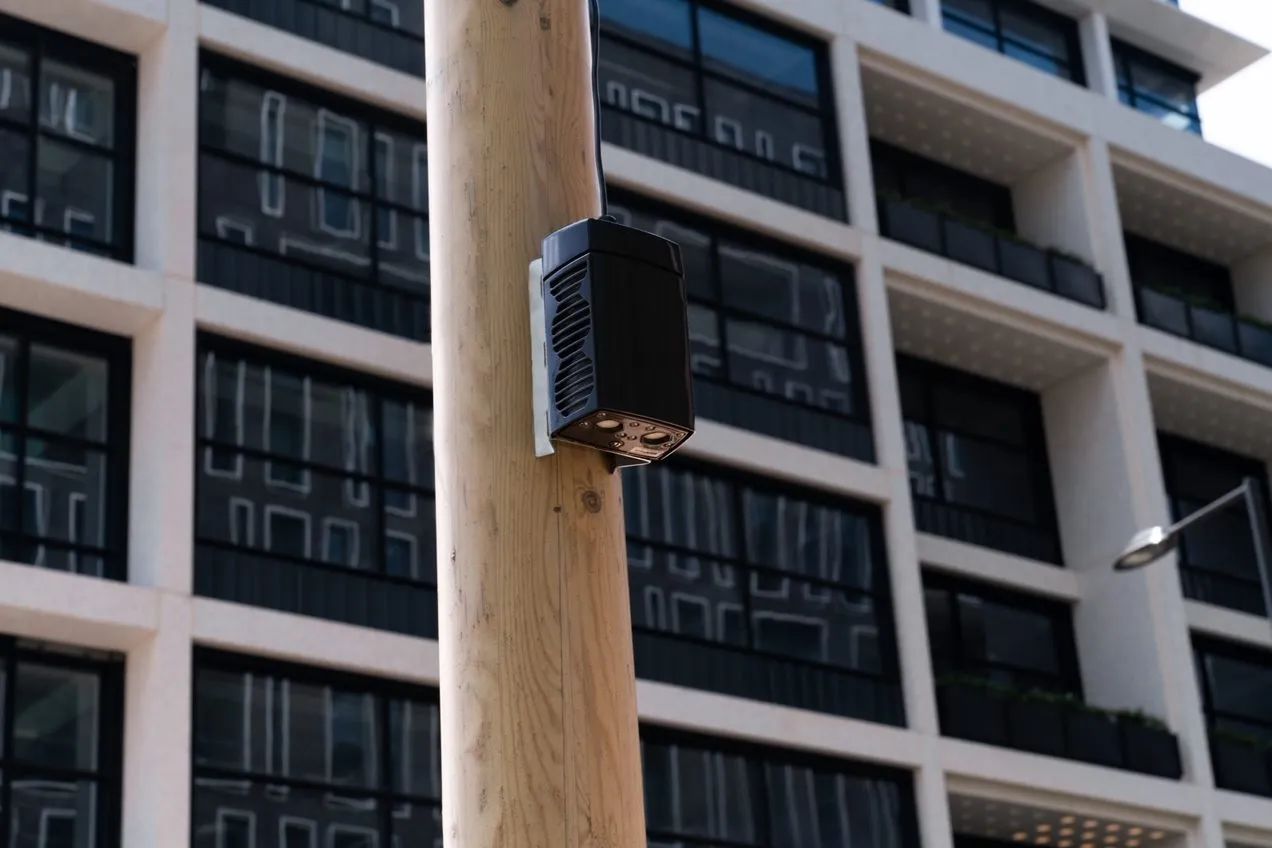TomTom has announced a partnership with UN-Habitat, the United Nations Human Settlements Programme. TomTom’s global Traffic Index data will be used by UN-Habitat and its stakeholders around the world to make strategic decisions when tackling urban congestion.
Recently TomTom released the sixth edition of its Traffic Index which revealed a clear pattern of increased congestion. Commuters around the world are spending on average eight working days stuck in traffic. This shows that traditional responses li
November 29, 2013
Read time: 2 mins
Recently TomTom released the sixth edition of its Traffic Index which revealed a clear pattern of increased congestion. Commuters around the world are spending on average eight working days stuck in traffic. This shows that traditional responses like building new roads or widening existing ones are no longer an effective way of managing urban congestion.
“Urban areas are growing fast; they are now home to half of the world’s population and are predicted to reach 6 billion by 2050. How we plan and manage our cities in terms of basic services, mobility or connectivity is going to be essential to ensure better cities. TomTom’s data will give us vital insight, providing a more accurate analysis of urban traffic congestion. This will help policy makers and local governments develop sustainable, workable and lasting urban solutions,” said Dr Joan Clos, United Nations Under-Secretary-General and UN-Habitat Executive Director.
“TomTom is committed to investing in new ideas and technologies with the aim of bringing significant benefits to drivers, businesses and society as a whole. This partnership will help urban planners and government stakeholders make more informed decisions to tackle urban congestion,” added Harold Goddijn, CEO of TomTom International.










